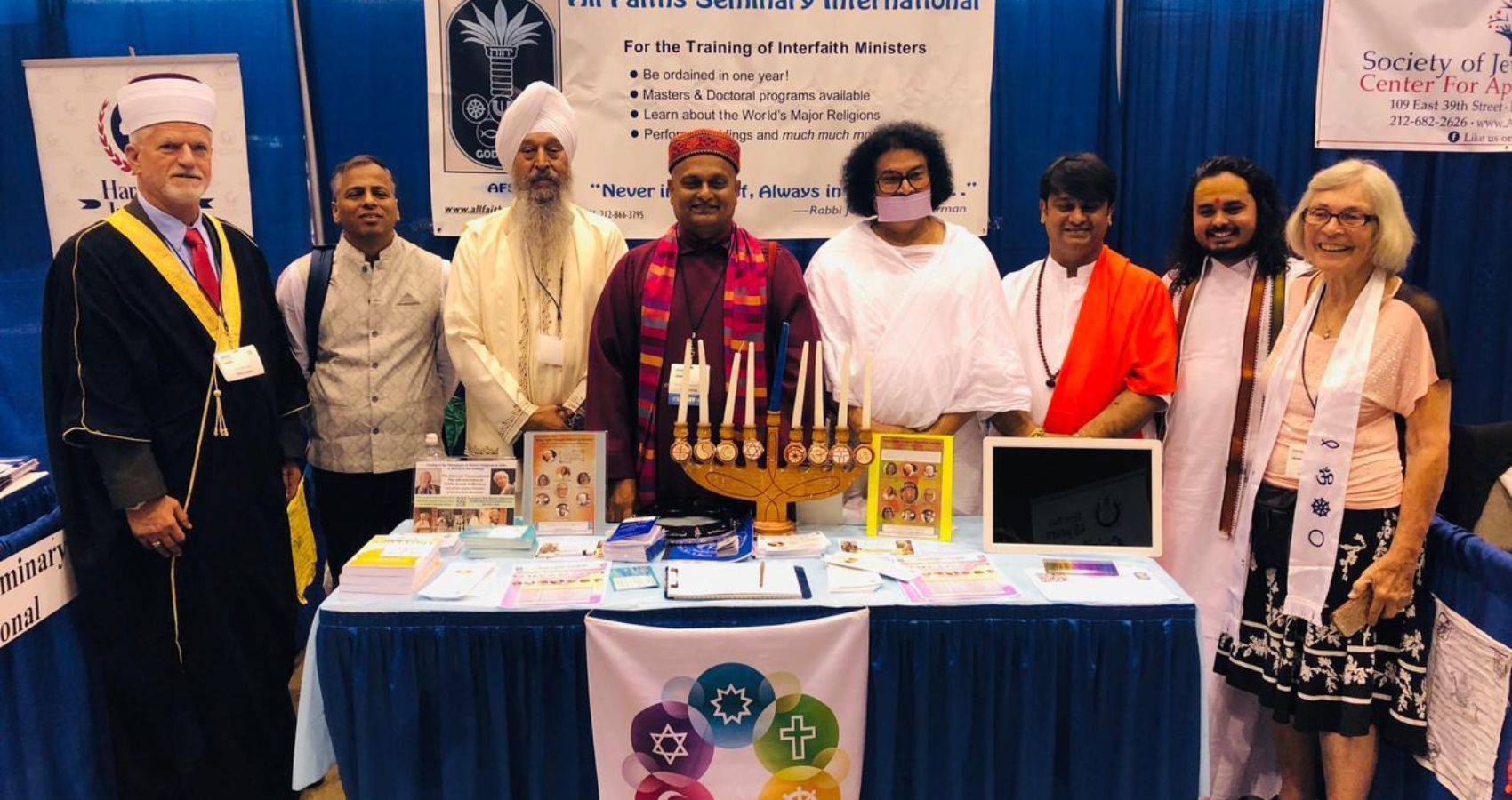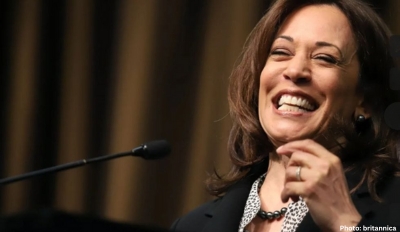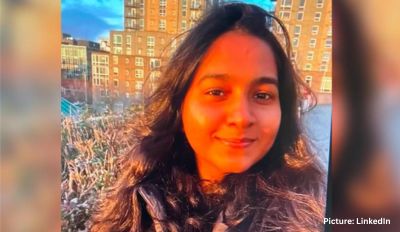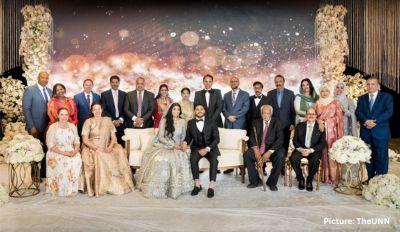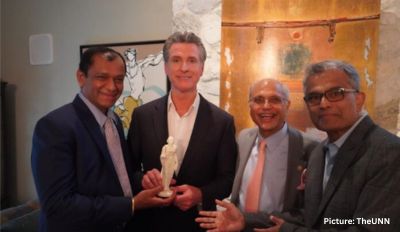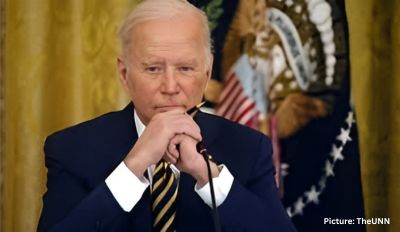The message resonates with clarity and conviction: We must join hands, unite, and safeguard the religious rights of all faiths. The Parliament of World Religions (PoWR) has traversed a remarkable journey since 1893. The 1893 Parliament of the World’s Religions brought together 400 men and women, representing 41 diverse religious traditions. It was during this momentous gathering that Catholicism and Judaism gained recognition as significant American religions, and the luminous traditions of Hinduism and Buddhism were unveiled to the Western world.
In the contemporary landscape, where the specters of religious fanaticism and state-sanctioned alienation loom large, the initial tableau of the plenary challenges our reality. The camaraderie among individuals from Mexico, China, and India on the dais extends a warm invitation to stakeholders of faith, beckoning them towards a realm of peace, harmony, and genuine discourse on pressing matters. Chicago’s atmosphere was electric, and Mayor Brandon Johnson astutely proclaimed, “In this moment, seeking refuge solely within scriptures and holy texts falls short; it is essential to exhibit the most magnificent creation and power of humanity – the act of love.”
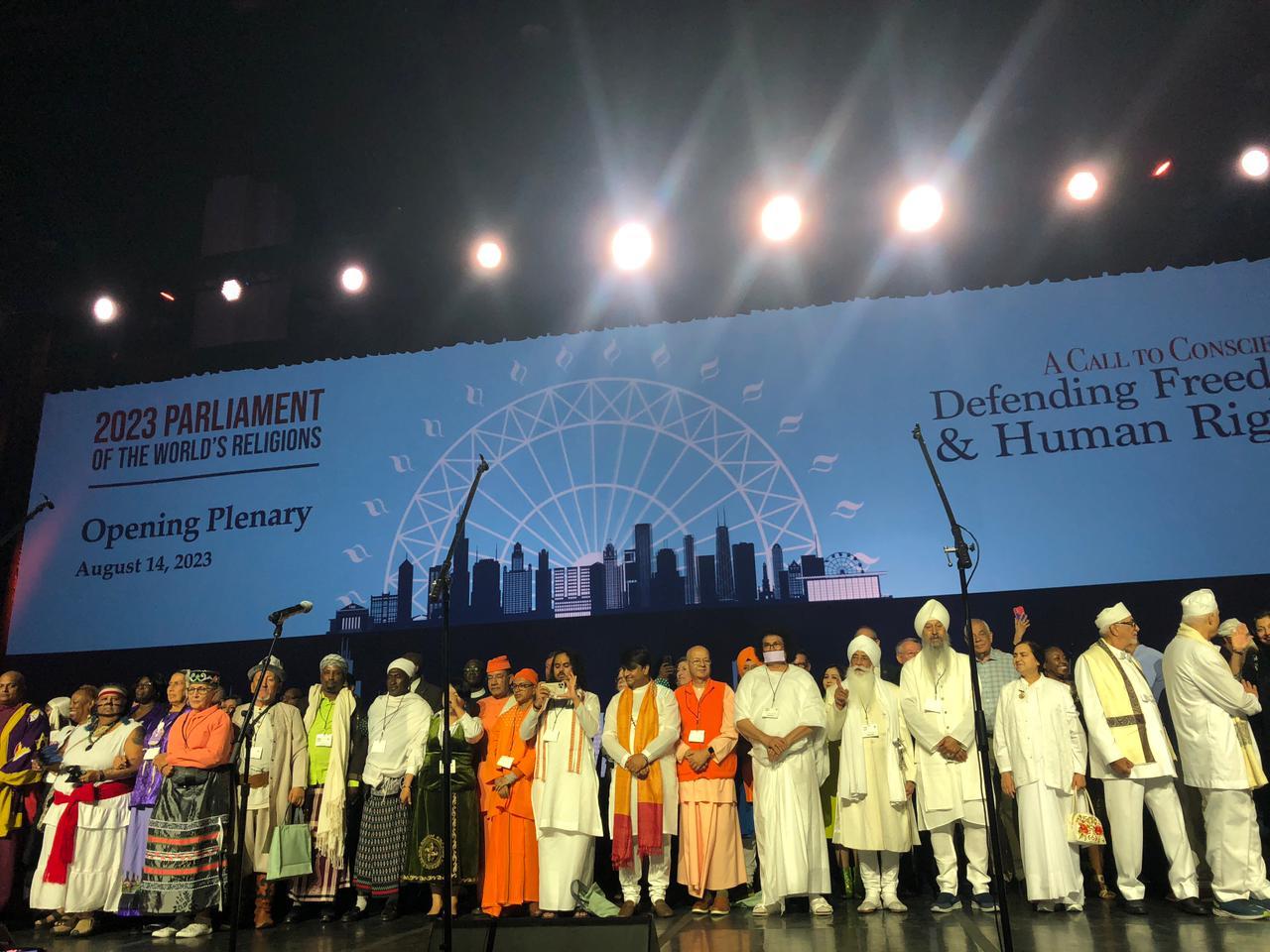
PoWR 2023 resounded as a summons to conscience. The central theme was the defense of freedom and Human Rights. A sojourn through the exhibition hall became a journey into one’s moral compass. Here, spiritual traditions, religious collectives, faith-based seminaries, modern mantras for bonding, ancient sutras for equilibrium, poignant reflections on religious animosity, organizations dedicated to social progress, and revitalizing yoga meditations converged.
One stall orchestrated interfaith harmonies through melodious songs, while another presented sobering data on minorities targeted by right-wing regimes. Tokens of memory took the form of pens, badges, shirts, chocolates, pins, and meticulously annotated leaflets and brochures. The Boston School of Theology extended courses to fathom the nuances of various religions, while the Divine Life Society resonated with masses, nurturing understanding through the prism of yoga. The panorama was a tapestry woven with the threads of diversity.
The PoWR embodies an idea. Over 250 breakout sessions grappled with diverse subjects. The inner dialogues, cast as a broad mandate, often witnessed some gems eclipsed in the shadows. The spectrum of topics, spanning the gamut from deconstructing religious patriarchy to the serendipitous revelations in the realm of anti-nuclear activism, enticed discerning minds. Yet, amidst the symphony of simultaneous sessions, flowing with the current was akin to chasing ephemeral wisps. The plenary sessions, a harmonious ensemble of thought, struck deep chords. The Women’s Assembly held profound significance, addressing the very core of female participation within faith-infused societies. Amidst this resplendence, the assembly advocating climate action, the council amplifying indigenous voices, and the solemn rite of climate repentance shone a luminous light on faith’s role.
Within the tapestry of aspirations, it was religious fanaticism that garnered the earnest ears of all. Rev. Jen Butler, the visionary founder of Faith in Public Life, lamented, “Religion, once the sanctuary of moral teachings, now stands manipulated, its moral fabric corroded by heinous acts of violence. Autocratic forces wield religion as an instrument for amassing power and maintaining control, from the prism of Russian Orthodox nationalism to the fervor of Catholic nationalism in Hungary and Poland, from India’s Hindutva to Israel’s nascent ruling coalition’s Jewish nationalism, and further to the evangelical and Pentecostal strains of religious nationalism in the U.S. and Brazil.” The expo center echoed this sentiment with a clamor of urgency.
The Langar, an enchanting ritual embedded in past PoWR gatherings, enchanted thousands. Orchestrated by the Birmingham-based Nishkam Seva Jatha, this Sikh tradition was brought to life under the guidance of Bhai Sahab Mohinder Singh, who joyously proclaimed adherence to Sikh guru teachings through service to the world, transcending all biases. Faith leaders, adorned with white scarves, formed orderly queues, savoring Indian delicacies with hearts full of contentment. Within the tent, a grand theater of interfaith harmony and service unfolded. Nishkam Seva Jatha’s legacy of offering free langar since the 2004 PoWR was radiant.
A poignant tribute unfolded for the 30,000 children lost to gun violence. Scraps of orange fabric coalesced into labyrinthine patterns or transformed into raw tools by the skilled hands of Shane Claiborne’s blacksmith forge. His declaration reverberated, “When we mold that metal, it resounds with the proclamation that the world can be reshaped.”
The Parliament of World Religions 2023 encapsulates the elements required for reimagining our perceptions of faith. It beckoned forth distinguished faith leaders, entwining them in conversations that bear rich fruit. Concealed within closed chambers, the International Religious Freedom Roundtable murmured profound secrets, reminiscent of the hallowed halls of Washington. The Indian delegation of interfaith leaders radiated with fervor. The quest for a better world necessitates the exchange of ideas. PoWR has evolved into a pertinent platform for intricate discussions, where faith assumes a fresh and actionable agenda.

